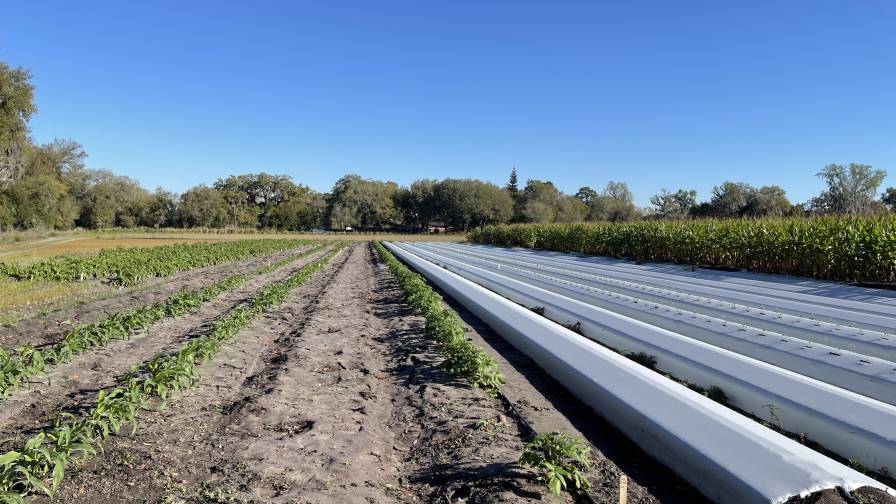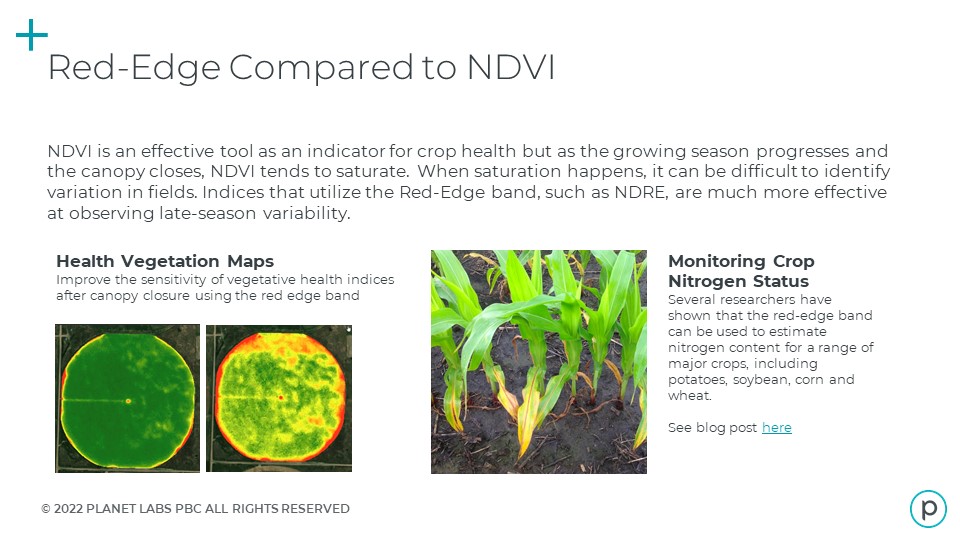Ag Economist: U.S. Economy In A Period Of Recovery
After what’s been called the worst recession since the 1980s, Purdue University agricultural economist Larry DeBoer says the economy is now in a period of recovery.
"When Ben Bernanke, the chairman of the Federal Reserve, or any economist says the recession is over, we mean the economy is not declining any more," DeBoer says. "Think of it in terms of digging yourself into a hole. When you stop digging deeper it’s a significant change."
Another significant change is to climb back out of the hole. DeBoer says the economy likely will stay in the hole for a little while, however.
"The recovery is going to take quite some time to bring us back to where we really want to be," DeBoer says. "We should probably expect a slow decline in the unemployment rate and probably slow growth rates of gross domestic product (GDP)."
GDP is a basic measure of the country’s overall economic output.
DeBoer said consumer spending in the U.S. is being held back by the 10 percent unemployment rate. The economy grew 5.9 percent in the fourth quarter of 2009. Economists question whether that growth rate can be sustained.
"Even at 5.9 percent, the unemployment rate would only come down from about 10 percent to about 8.5 percent by the end of the year," DeBoer says. "This tells me we have at best three or four years before we get unemployment back down to 5 percent — where it was at the beginning of the recession."
An increase in consumer spending would help decrease the unemployment rate, but with unemployment being what it is, consumers are not spending, DeBoer says.
DeBoer says the Federal stimulus package has played a role in keeping the unemployment rate lower than what it could have been.
"The whole idea behind stimulus is to step in temporarily, fill in the hole and add to the spending. There’s no doubt that the spending from the stimulus package has kept the unemployment rate from going up more than it would have," he says. "Without the stimulus, the unemployment rate might have been 11 or 12 percent instead of 10 percent."
Because the value of the U.S. dollar is low, foreign countries are buying more American products. Added exports should help bring down the unemployment rate.
DeBoer says markets in Asia are recovering more quickly than the markets in the U.S., and that is partly because China has experienced exceptional economic growth.
"A recession in China means instead of growing 8 percent or 10 percent, the economy grows 6 percent or 8 percent," he says. "It really is unprecedented in the history of the world. Never have 1.3 billion people seen their economy grow as fast as they’ve grown over recent decades."
DeBoer said the recovery does have implications for American agriculture, which would likely be most affected by interest rates, farmland assessments, and oil prices.
With a 10 percent unemployment rate and little threat of inflation, DeBoer said it’s unlikely the Federal Reserve will increase interest rates soon. But farmland assessments are likely to increase in the near future, because the formula to assess farmland value takes into account commodity prices with a four-year lag.
"Farmland assessments are going to go up over the next several years because the high commodity prices from 2007-08 will enter the assessment formula," DeBoer says. "Senate Bill 396 is still alive in the legislature, and it would take the edge off some of those increases, but not stop them. I think farmers can count on property tax increases over the next several years."






